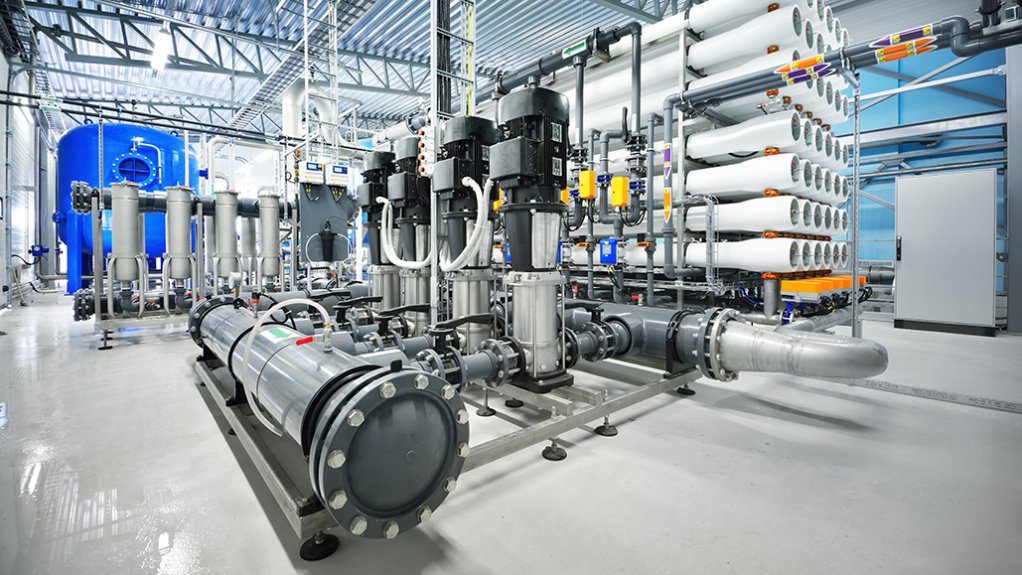An integrated site energy management plan is strongly advised amid South Africa’s power constraints, as it demonstrates opportunities – such as integrating electrical and thermal systems – to increase overall energy efficiency, says steam and boiler operations and maintenance service provider Associated Energy Services (AES).
In terms of alternative energy solutions and the optimisation of manufacturing plants, “it’s all about preserving resources of production and any reduction in their use through efficient processes, operations or systems integration to lower production costs”, says AES commercial director Dennis Williams.
The resulting cost savings can be used to increase profitability, invest in plant improvements or successfully outperform competitors in an increasingly “tough” market environment, he adds.
While there is a substantial interest in opportunities for thermal and electrical cogeneration, Williams warns that reducing reliance on the grid will not be easy.
“The reality is that small-scale, site-based power generation demonstrates poor economics, especially where combustion of fuels is involved,” AES MD Chris Paterson points out.
Steam turbines, gas engines and turbine generators also have varying capital investment and legislative requirements, which are not cost-competitive, compared with the current cost of grid-supplied electricity.
Paterson notes that it is difficult to balance the thermal and electrical requirements from one cogeneration system, as this will require an additional investment by the client to provide for the under-represented energy source, electrical or thermal, to meet all site demands.
He explains that the search for alternative power should not be about costs, but about reliable supply and indirect risk mitigation and operational benefits, noting that any reduction in power offtake from the grid is a “double-edged sword”.
The reduction in grid power offtake reduces the existing demand that would ordinarily underwrite investment in improving grid-based power supply, adds Paterson.
Williams explains that, while certain fuel types can benefit operators by lowering energy costs, employing these fuels can result in an additional cost or risk implication elsewhere in the energy plant and its operations.
Therefore, it is critical that the relevant experience and data are applied when selecting a suitable fuel, as this can impact on energy plant assets in terms of operation availability, and the remaining life of, or permanent damage to, a plant.
The appropriate fuel type selection in optimising industrial plant energy efficiency and reducing downtime are critical in instances where fuel quality is non-standard and tends to vary within a broader fuel specification.
When considering natural gas, liquid petroleum gas or refined liquid fuels, the specification variance is less challenging as they comply with industry specifications as opposed to most solid fuels, such as coal or biomass, where the effects of specification variance can be far-reaching.
For example, the impact of variations in the specification of coal or biomass can have an immediate effect on operations, varying from an inability to maintain ignition to complete fouling of the heat transfer surfaces of boiler plants, consequently resulting in total plant shutdown.
Further, attention to detail is required and should vary from the inclusion of micro issues, such as fuel calorific value and chemical composition of fuel, to the inclusion of more macro considerations, which may include particle-size distribution.
“For variable specification fuels to be used, the combustion plant must be suitably selected and then effectively managed and operated to achieve maximum efficiency. This requires ongoing adjustment of the plant to meet the changes in fuel feedstock,” elaborates Williams.
Edited by: Nadine James
Features Deputy Editor
EMAIL THIS ARTICLE SAVE THIS ARTICLE
ARTICLE ENQUIRY
To subscribe email subscriptions@creamermedia.co.za or click here
To advertise email advertising@creamermedia.co.za or click here













